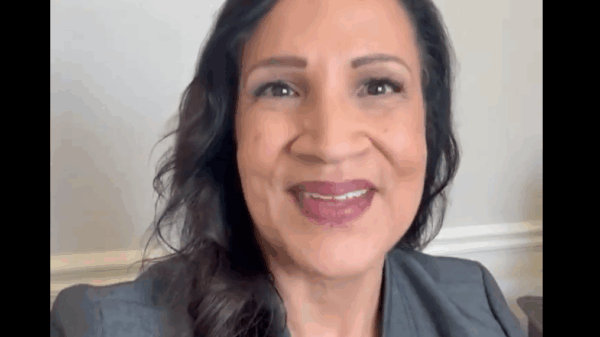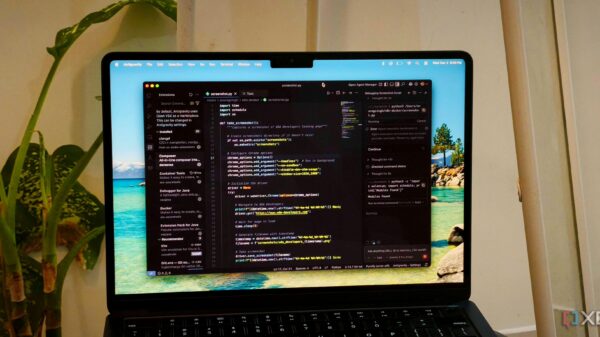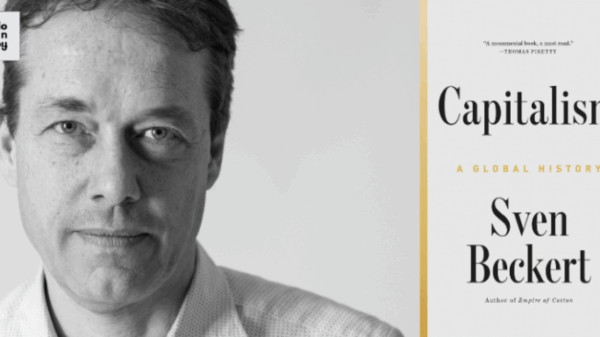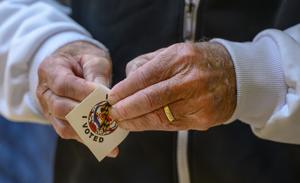In a recent development, Frederick, Maryland, reported that no more than nine non-citizens participated in the city’s general election. This occurrence aligns with local legislation that permits non-citizens to vote in specific circumstances, raising discussions about voting rights and eligibility.
Local officials confirmed the number of non-citizen voters. According to the Frederick City Board of Elections, the voting process was conducted without any irregularities. The board stated that the participation of non-citizens is legal under the city’s regulations, which allow certain classes of non-citizens to engage in local elections.
Maryland law does not uniformly grant voting rights to non-citizens; however, Frederick’s charter specifically allows such participation in its municipal elections. This unique provision has sparked varied opinions among residents and political analysts regarding the implications for local governance and democratic principles.
The city’s decision to permit non-citizen voting was enacted in the early 1990s, aimed at integrating residents who contribute to the community but may not possess citizenship. Local government officials argue that this inclusivity strengthens civic engagement.
Critics, however, express concerns about the integrity of the electoral process. They argue that allowing non-citizen participation could undermine the value of citizenship and lead to potential complications in future elections. This debate mirrors discussions occurring across the United States regarding voting rights and electoral reform.
Officials from the Frederick City Board of Elections emphasized that all voting was conducted in compliance with established laws. They noted that the process included thorough checks to ensure that only eligible voters participated, regardless of citizenship status.
As the conversation surrounding voting rights continues, Frederick’s experience may serve as a case study for other jurisdictions considering similar measures. The city’s approach highlights the complexity of balancing inclusivity with the traditional views of citizenship in the democratic process.
The local government is expected to review these policies in the coming months, especially as the next election cycle approaches. Community forums are likely to be scheduled to discuss the implications of non-citizen voting and gather public opinions on the matter.
This situation in Frederick illustrates the evolving landscape of voting rights and the ongoing dialogue about who should have a voice in local governance. The outcome of these discussions may influence future policy decisions and set precedents for other cities grappling with similar issues.






































































